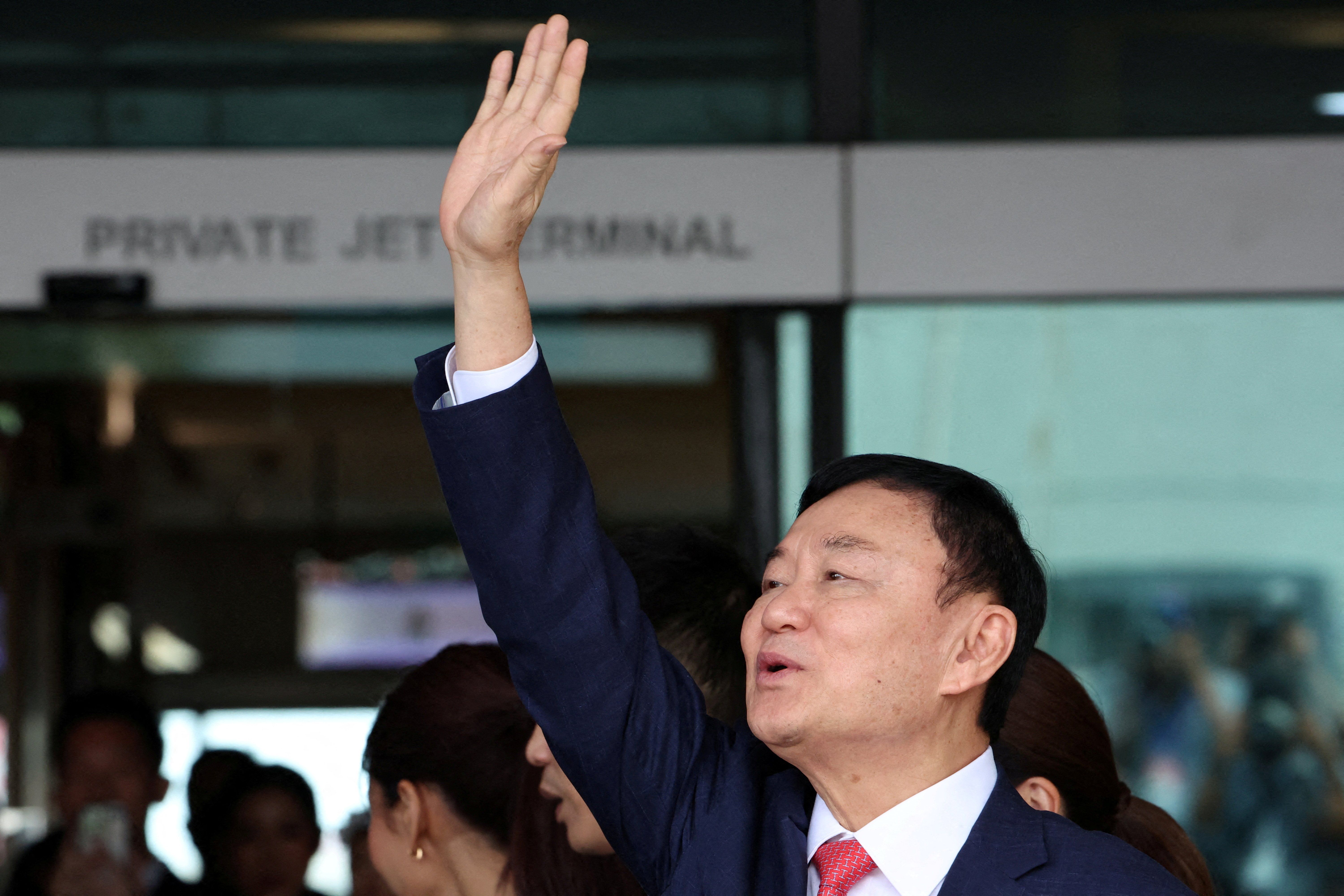Thailand’s former Prime Minister Thaksin Shinawatra is set to be granted parole after serving just six months of an eight-year jail sentence.
A brief history: Having dominated Thai politics for a generation, Thaksin – a populist billionaire – lived in self-imposed exile for 15 years after he was ousted by the military in 2006. Convicted in absentia of graft and abuse of power in 2008, he returned to Thailand just before last autumn’s election after striking a deal with the military establishment party that originally ousted him.
The progressive Move Forward Party won the election by rallying the youth and promising change. But Thaksin’s Pheu Thai Party was closely behind and allied with the military establishment to appoint Pheu Thai’s candidate as prime minister.
Pheu Thai is effectively controlled by the Shinawatra family – Thaksin’s daughter was made the party chair last year – and although Thaksin has not signaled he will seek office, he will likely serve as a powerful figure behind the scenes.
What this means for Thailand: When Move Forward won last year, it looked like Thailand was on track for change. But now, with Pheu Thai in power, Thaksin poised to play kingmaker, and even the planned re-criminalization of weed – which Move Forward fought to legalize – it looks like the status quo has returned to the Land of the Smiles. Unless, that is Move Forward uses its rallying power to get its followers out on the street.
